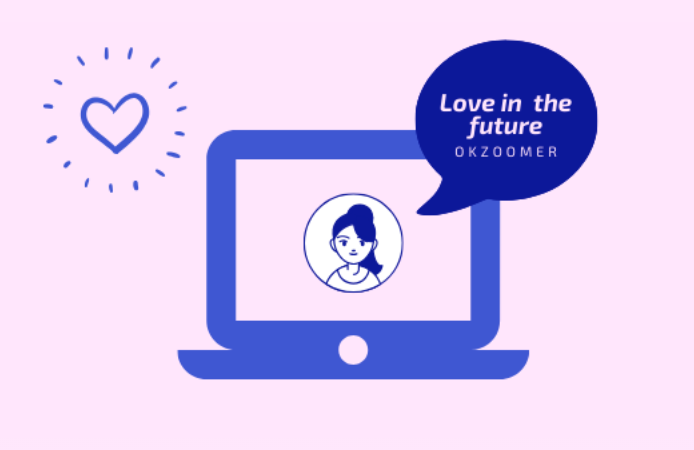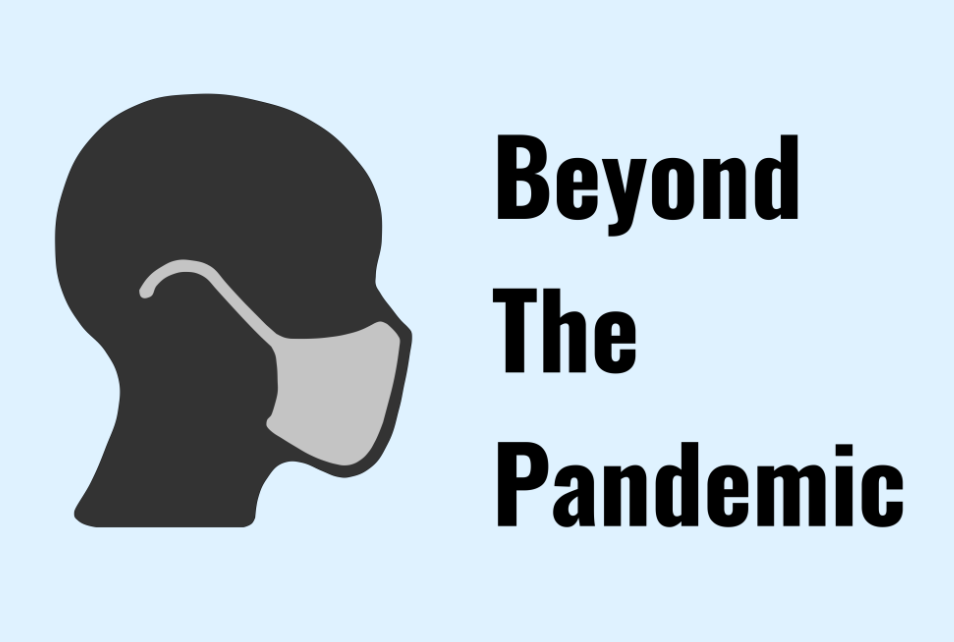Maile Buckman
Contributing Writer
In the wake of the current global pandemic, two university students — Kathryn Tippet and McKenzie Connelly — have united from across the country to help fill the void of face-to-face interaction with face-to-Facebook interaction: their online social co-ed “fraternity” Zeta Omicron Omicron Mu (ZOOM) was established on March 16 and now has 12,000 members and counting.
In the six weeks since its creation, many UCSB students have found their way to the page and its plethora of resources. ZOOM’s public Google drive boasts a 10-page manual of COVID-19 resources for students, including materials for undocumented students, parents, information on combating racism and xenophobia, and a comprehensive list of free things to do during quarantine.

The group provides a vast array of links to other special interest groups (such as the LGBTQuarantine support group), services that match people, based on common interests, with other quarantined students around the U.S. for romantic or platonic purposes (like OKZoomer, Zoom with Strangers, and Corona is Blind), and remote internship and career resources.
Besides providing a platform for external support sites, ZOOM is also fostering a social culture of its own. Its diversity and inclusion committee recently instituted a “Humans of Zoom” project, modeled after “Humans of New York,” which showcases personal anecdotes and the diversity of its members. Administrators are promoting the arts through “Fine Arts Fridays” (showcases of submitted student works), a virtual band and choir, and free online dance classes. They host Netflix watch parties, remote coffee chats, and offer a weekly event called “The Zachelor” where a large group of “Zoomers” unite to watch ABC’s “The Bachelor” together.
The fraternity even includes some of the institutions that serve as markers of traditional Greek life. “I took a quiz, and they paired me with two littles,” shares Alexei Rodriguez, fourth-year cultural anthropology major and ZOOM group member, in an interview with The Bottom Line. As of now, he describes the relationships as similar to “a pen pal situation,” because of the physically-distanced format.
The group supports its chosen philanthropy projects — assisting those affected by COVID-19 — through the sale of merchandise: everything from bucket hats to graduation stoles have been printed and ordered, with a portion of profits going to medical research.
And although ZOOM may not be a “real” fraternity, no one can deny that it has had a real impact. Fourth-year sociology major Madison Kirkpatrick describes her experience with the group as “overwhelmingly positive.”
“We’re all in the same boat, we’re all students that have been affected by this, and hopefully we can get through it together. It’s hard not to see people very often [so] it’s nice to have that online bond for sure … to know that people are being supported through this crisis,” Kirkpatrick shares.
The group itself, besides providing critical social connection during this time, has inspired other efforts. One group administrator, Sophie Phillips of Brandeis University, has utilized contacts from ZOOM to start a blog titled “Beyond the Pandemic.”

The blog was born through a ZOOM group chat, where several members who had united through the page began discussing many of the ramifications of the pandemic. Before long, they had set up a separate site with its own writers, editors, and frequently-published topical articles.
Beyond the Pandemic is also providing a great sense of purpose to those involved: “It makes everyone who’s a part of it feel like they’re doing and working towards something significant and bigger than themselves,” Phillips shares on the blog. Moreover, “The whole reason this blog exists is because of the connections we’ve made over ZOOM. It’s not only a community as an end in and of itself, but it can be a springboard for making a bunch of positive changes in the world and a visible impact on those around you,” she explains.
“There are so many people from around the world who are connecting with each other, and … this never would have happened if there was no pandemic. The [ZOOM] group shows that even though circumstances might drive people apart physically, we will all find some way to connect because humans are fundamentally social creatures.”











